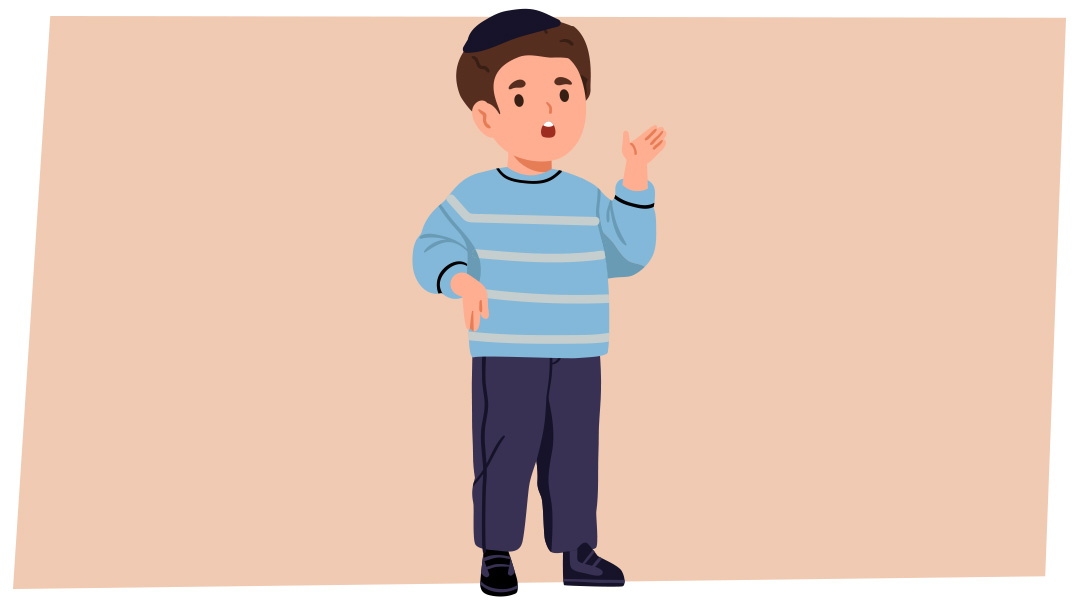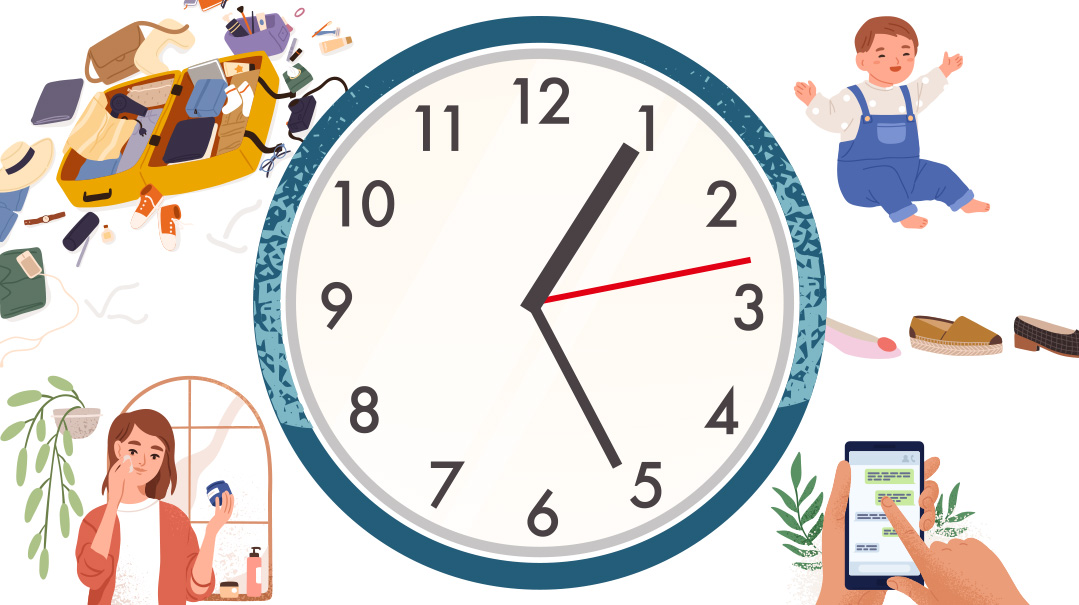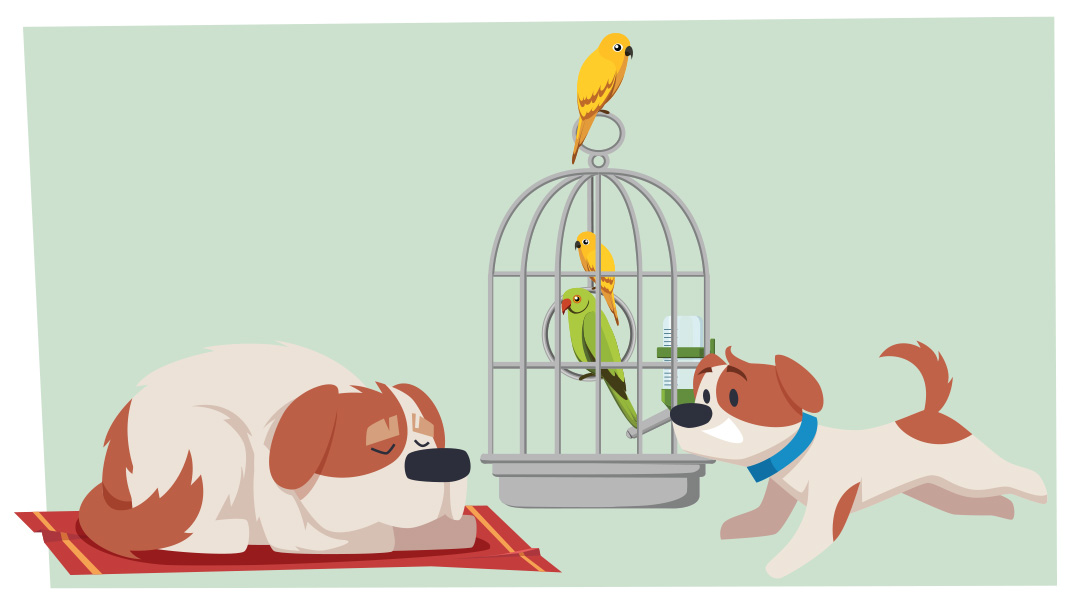Hit List
| March 29, 2022Literally every aspect of Pesach is either only survivable with a list or beautifully enhanced with a list

It’s a good thing that I love lists so much because Pesach is fast approaching. As we all know, “Pesach” is often referred to by its English name, “Holiday of Lists,” no doubt commemorating when our ancestors were rushing out of Egypt with nothing on their backs but their matzah and their list of things they needed to do before they left.
Literally every aspect of Pesach is either only survivable with a list or beautifully enhanced with a list.
Take cleaning, for example. Absolutely impossible to do without a list. As soon as you’ve swept up the last piece of Purim confetti, you eyeball your entire house with the cool assessing eyes of a master strategist. Then you sit down to make a list of which rooms will first be cleaned and declared chometz-free as you work your way closer to the kitchen, slowly but surely leaving a smaller and smaller chometz eating zone until you gently and lovingly push your children out onto the porch to eat their sandwiches. This is how it has been done for generations, and this is how it shall continue to be done.
Lists are also vitally important when it comes to shopping for Pesach. You can create a Master Shopping List or, to make things easier, you can have separate shopping lists for each store. (It’s important to note that some people follow the stringent interpretation of the halachah by making sure to have separate lists in order to maximize the mitzvah. If that’s your family minhag, Master Lists would not be used.)
Shopping with lists is very important because there is so much to buy and it’s easy to get overwhelmed and just buy everything you see if you don’t have a handy list to keep you focused. I once went shopping without a list on Erev Pesach, and I came home as the proud new owner of aisle 7.
My children also make lists to enhance their Pesach because this is called chinuch via modeling behaviors, even though we have never once asked them for a list of places they want to go on Chol Hamoed. It’s important to give positive feedback when children participate in preparation for Pesach. Try saying things like, “Diggerland, LEGO land, Six Flags, and American Dream Mall? How thoughtful of you to come up with this convenient list to help us with our Chol Hamoed planning!”
In case you were worried that you would be obligated to go to all (or any) of the places on the list, you can remember previous years’ Chol Hamoed adventures when it took half the day to get the kids into the car and negotiate who sits next to which window and who won’t sit next to which brother, and by the time you left the house laden with bags of potato chips and bars of chocolate, everything was almost closed, so you went to their grandparents for supper instead. (This, too, is part of the traditional celebration of Pesach.)
My children also help by making lists of desired afikomen presents that they plan to receive in exchange for turning over the afikomen at the Seder. Reality plays absolutely no role in the choosing of this highly anticipated gift, and the list is as long as it is extravagant.
Last year my six- and seven-year-olds could barely contain their excitement when they came to tell me that they had a very short list for what they wanted for their afikomen present and they wanted to let me know what they wanted as soon as possible so that I could start shopping. Curious, I asked what it was that had them beside themselves with anticipation and glee. My seven-year-old let me know that he wanted three horses and a beautiful horse-drawn carriage. My six-year-old wanted one white horse.
After a moment of silence in which they waited for me to share their joy, I carefully explained that horses were not in the realm of possibility for potential afikomen presents. I told them they should come up with a different idea and thus introduced them to the concepts of compromise and negotiation.
Whereupon my seven-year-old thought for a few minutes and then said, “Fine. I’ll take three horses, no carriage.” And my six-year-old sighed deeply and added, “Okay, my horse can be brown.” *
(Parental responses to the Afikomen List greatly depend on family mesorah, which is largely determined by which city in Europe their family originated. Those of American or Sephardic descent have their own responses to afikomen requests, which may differ from those of their European counterparts, but are no less valid.)
According to my mother there is one more vital list necessary for making Pesach and that is a list of handymen and repairmen who are available for emergencies the two weeks prior to Pesach. It is a known fact among neshei Klal Yisrael that in the weeks before Pesach one of your major appliances will break down and completely cease to function with no previous warning whatsoever.
It doesn’t matter which appliance breaks; what does matter is knowing that it will happen and being as prepared as possible by having a ready list of people who can fix it or stores that will replace it.
I hope I haven’t left any important lists off my list but in case I have, please let me know. You can add it to your To-Do List.
*An actual true story
(Originally featured in Family First, Issue 787)
Oops! We could not locate your form.







